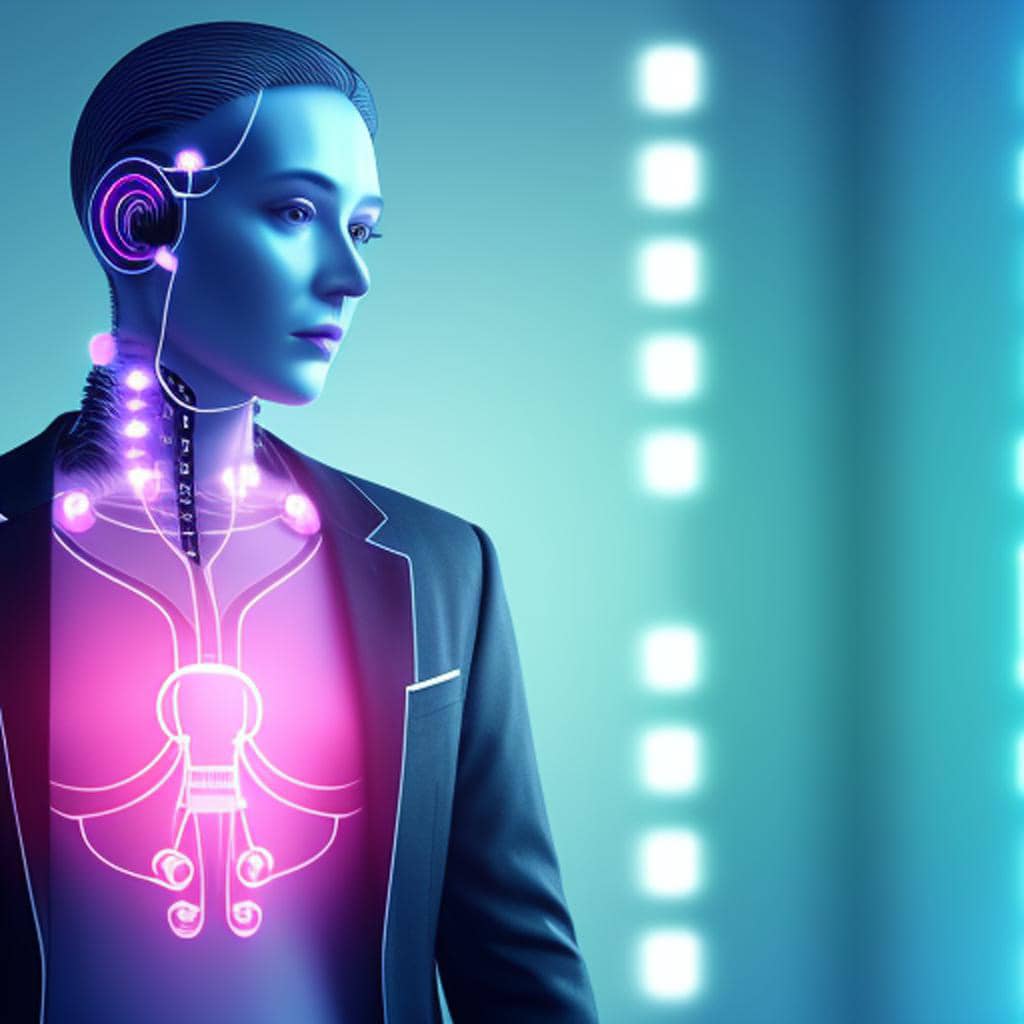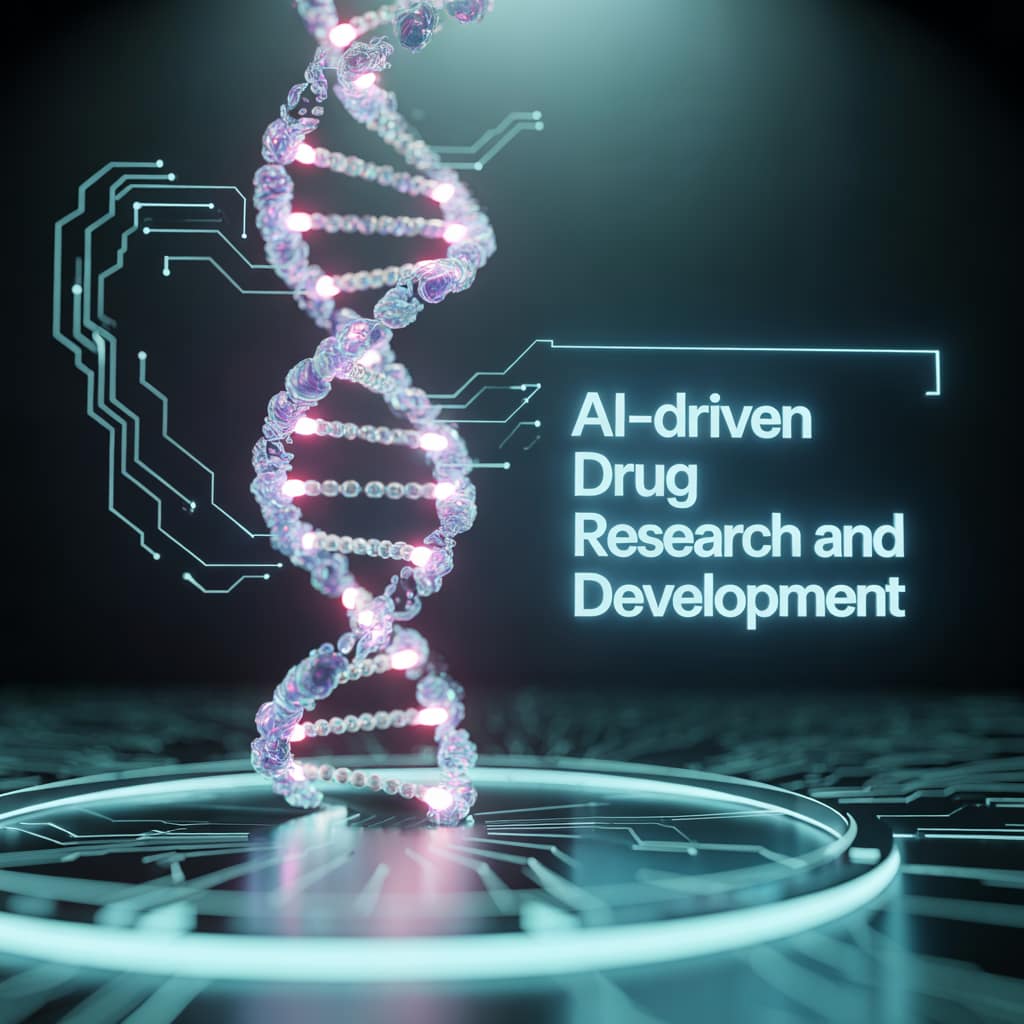How can AI assist in personalized medicine and tailoring treatments based on individual patient characteristics?
The Human-AI Collaboration Augments Diagnostic Decision-Making
In the realm of diagnostic medicine, the collaboration between humans and artificial intelligence (AI) is paving the way for enhanced decision-making and improved patient care. The synergy between human expertise and AI capabilities holds great potential for augmenting diagnostic processes and elevating healthcare outcomes to new heights.
One of the key benefits of the human-AI collaboration is the ability to leverage AI algorithms for advanced data analysis. AI excels at processing and interpreting vast amounts of complex medical data, such as patient records, lab results, and imaging scans. By utilizing AI, healthcare professionals can access valuable insights, patterns, and correlations that might otherwise go unnoticed. This empowers them to make more accurate diagnoses and develop targeted treatment plans.
AI can act as a powerful decision support tool, providing healthcare professionals with evidence-based recommendations and treatment options. AI algorithms can analyze extensive medical knowledge databases and stay up-to-date with the latest research findings, enabling healthcare professionals to make well-informed decisions aligned with the most current medical advancements. The collaboration between human expertise and AI insights enhances the diagnostic process and promotes the delivery of personalized, evidence-based care.
Furthermore, AI can assist in complex diagnostic scenarios by offering a different perspective or alternative considerations. While healthcare professionals possess invaluable clinical experience and contextual understanding, AI algorithms can provide additional insights, highlight subtle patterns, and suggest potential diagnoses or treatment pathways that may have been overlooked. This collaborative approach encourages a comprehensive and multidimensional approachj́ to diagnosis, ultimately benefiting the patient.
The human-AI collaboration also addresses the issue of workload and time efficiency. AI algorithms can automate time-consuming tasks, such as data extraction and analysis, allowing healthcare professionals to allocate more time to direct patient care and complex decision-making. This streamlining of routine tasks enhances efficiency, reduces administrative burdens, and enables healthcare professionals to focus on delivering high-quality, patient-centered care.
However, it is essential to maintain human oversight and accountability in the diagnostic process. While AI algorithms can provide valuable insights, healthcare professionals are ultimately responsible for making the final diagnostic decisions. The human component ensures that ethical considerations, patient preferences, and individualized care are appropriately taken into account. Human expertise remains indispensable in interpreting AI outputs, considering the broader clinical context, and effectively communicating with patients.
Continuous collaboration and feedback loops between AI developers and healthcare professionals are crucial for refining AI algorithms and improving their performance. By incorporating real-world clinical insights and expertise, AI algorithms can be optimized to better meet the needs of healthcare professionals and patients. This iterative process promotes ongoing learning, adaptation, and the development of AI technologies that align with the dynamic landscape of healthcare.
The collaboration between humans and AI in diagnostic decision-making has the potential to revolutionize healthcare. By harnessing the strengths of both human expertise and AI capabilities, healthcare professionals can benefit from advanced data analysis, decision support, workload reduction, and improved efficiency. The human-AI collaboration empowers healthcare professionals to make more accurate diagnoses, develop tailored treatment plans, and provide personalized care to patients. As this collaboration continues to evolve, the future of diagnostic medicine holds great promise for elevating healthcare outcomes and advancing patient-centric care.
Online sources for AI and personalized medicine and tailored treatments
Here are some online sources and resources focused on AI, personalized medicine, and tailored treatments:
National Institutes of Health (NIH)
- Website: nih.gov
- The NIH conducts extensive research on personalized medicine and its applications in various health fields, including ongoing studies that leverage AI technologies.
National Library of Medicine (NLM)
- Website: nlm.nih.gov
- The NLM provides access to a wealth of biomedical literature that includes research on AI applications in personalized medicine.
PubMed
- Website: pubmed.ncbi.nlm.nih.gov
- A resource for accessing scientific research articles, including studies on AI in personalized medicine.
Nature Publishing Group
- Website: nature.com
- A leading publisher of scientific journals that often cover advances in AI applications in healthcare and personalized treatments.
The Lancet
- Website: thelancet.com
- A prominent medical journal that publishes research and reviews on innovative healthcare solutions, including personalized medicine.
AI in Healthcare Blog
- Website: aiinhealthcare.com
- This blog features articles and resources about the role of AI in the healthcare sector, including personalized medicine and tailored treatments.
Personalized Medicine Coalition
- Website: personalizedmedicinecoalition.org
- A nonprofit organization dedicated to advancing the understanding and adoption of personalized medicine.
American Society of Clinical Oncology (ASCO)
- Website: asco.org
- ASCO provides guidelines and resources on personalized treatment strategies, particularly in oncology.
Harvard Health Blog
- Website: health.harvard.edu/blog
- This blog offers insights into the latest research and innovations in healthcare, including discussions on AI and personalized medicine.
World Health Organization (WHO)
– Website: who.int
– The WHO provides insights and guidelines about global health trends, including the impact of personalized medicine.
European Society of Human Genetics (ESHG)
– Website: eshg.org
– This society focuses on genetics and its role in personalized medicine, offering resources and updates on related research.
MIT Technology Review
– Website: technologyreview.com
– This publication covers the latest technologies in AI and their applications in medicine, including personalized treatment approaches.
Healthcare IT News
– Website: healthcareitnews.com
– This site covers technology trends in healthcare, including AI innovations in personalized medicine.
These sources provide a mix of research articles, reviews, news, and expert opinions on the intersection of AI and personalized medicine, helping you stay informed about the latest developments and trends in the field.

Thank you for questions, shares and comments!
Share your thoughts or questions in the comments below!
Source OpenAI’s GPT language models, Fleeky, MIB, & Picsart






